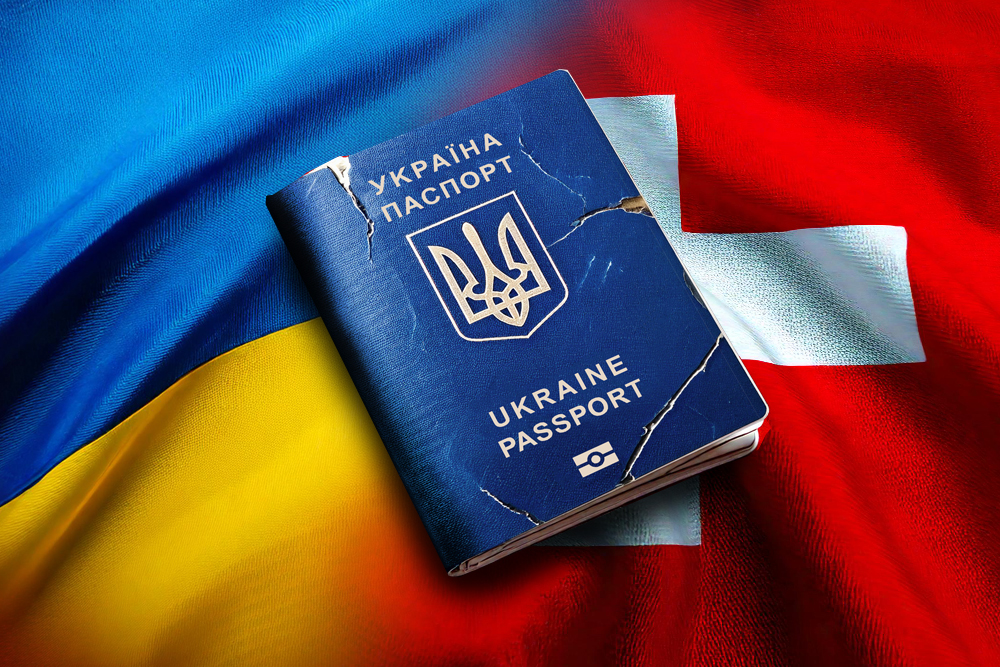Finnair pauses some Estonia flights due to GPS interference

HELSINKI/VILNIUS (Reuters) -Finnair said on Monday it is pausing flights to Tartu in eastern Estonia for one month due to GPS disturbances in the area, which Tallinn blamed on neighbouring Russia.
GPS jamming and spoofing have grown worse in Eastern Europe, the Black Sea and the Middle East, all areas close to conflict zones, according to industry group OpsGroup. GPS is a growing part of aviation replacing radio beams used to guide planes towards landing.
Estonia will raise the issue of GPS interference with its neighbours, and intends to discuss it at the European Union and NATO, the country’s Foreign Minister Margus Tsahkna said after the Finnair’s move.
“It is a fact that Russia affects GPS devices in our region’s airspace,” the minister said via a spokesperson.
He did not provide evidence for the claim.
The Estonian authorities, together with Finnair, are working to find solutions to restore air traffic in Tartu, said Tsahkna.
Finnair said two flights last week had to divert back to Helsinki after GPS interference prevented the approach to Tartu.
“Finnair will suspend its daily flights to Tartu, Estonia, from April 29 to May 31, so that an alternative approach solution that does not require a GPS signal can be put in place at Tartu Airport,” the Finnish airline said in a statement.
The carrier has reported GPS disruptions in the past. A spokesperson said the company did not now where the interference came from.
“We don’t have that information,” she said.
Disturbances have increased since 2022, and Finnair pilots have reported interference especially near Russia’s Kaliningrad exclave on the Baltic Sea coast, the Black Sea, the Caspian Sea and the Eastern Mediterranean, the company said.
“Typically, GPS interference does not affect flight routes or flight safety, as pilots are well aware of it and aircraft have alternative systems in place that are used when the GPS signal is interfered with,” it added.
Neither the Kremlin nor Russia’s Defence Ministry immediately replied to requests for comment on Monday.
Earlier this month, Germany said Russia was very likely behind a series of disturbances affecting navigation in the Baltic region. The German Defence Ministry pointed to Kaliningrad as their source, though it declined to give any details citing “reasons of military security.”
At the time, Moscow did not comment on such accusations.
(Reporting by Anna Ringstrom in Stockholm, Anne Kauranen in Helsinki, Andrius Sytas in Vilnius, additional reporting by Joanna Plucinska, Ron Popeski, editing by Terje Solsvik, David Evans and Tomasz Janowski)







